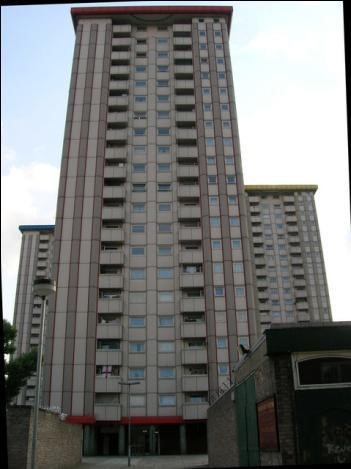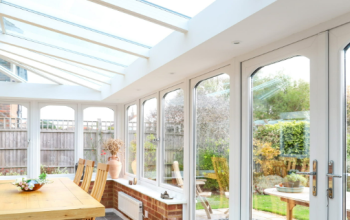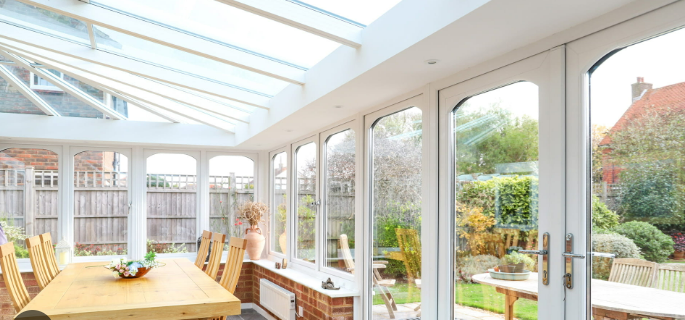We hear something every day about the housing market in the UK. While the prices might be rising again, the lack of property available for the growing population is leading to a different sort of housing crisis. There is a lack of property for retired couples to move into, in particular which is where Park Homes Gloucestershire companies such as http://www.parkhomelife.com/our-parks/orchard-park/ can help.

New homes
The government plans to build 200-250,000 new homes yearly, which is an increase on the current rate of around 140,000. The figure, which comes from a housing review dating back to 2004, has led to a loosening of planning regulations, with some power to push through projects that would otherwise have met with “NIMBYish” resistance at local council level.
There has also been an introduction of subsidies for starter homes, which will cost up to £250,000 across the UK, or £450,000 in London.
The Telegraph has some further ideas about why there are such issues in the property market, and the Guardian looks more specifically at the issues in London.
Rising prices
These plans don’t seem to have slowed the rise in prices, which continue to be prohibitive to many first-time buyers. Prices across the south-east of England have risen at double the rate of the rest of UK. More homes require more infrastructure, which starts to put pressure on green belt land.
Some economists believe that these new developments might even push prices higher, with the new buildings bringing extra spending in new shops and services to an area and making it a more desirable address.
It is a numbers game, giving way to nationwide developments of very similar-looking homes. These uniform looking estates are popping up across the country.
Bedroom tax
Beyond the demand for new houses to alleviate the shortage, there are some 16 million empty bedrooms in the UK, with one-third of households having two+ spare bedrooms as a result of children growing up and moving out. A policy of reallocating housing could free up a lot more space in existing homes.
It has been suggested that stamp duty should be abolished, which could boost transactions in the region of 10-20%, according to various estimates, while additional support for bridging loans might add another incentive.
In short, there is no quick fix and the problem is not likely to go away anytime soon.





